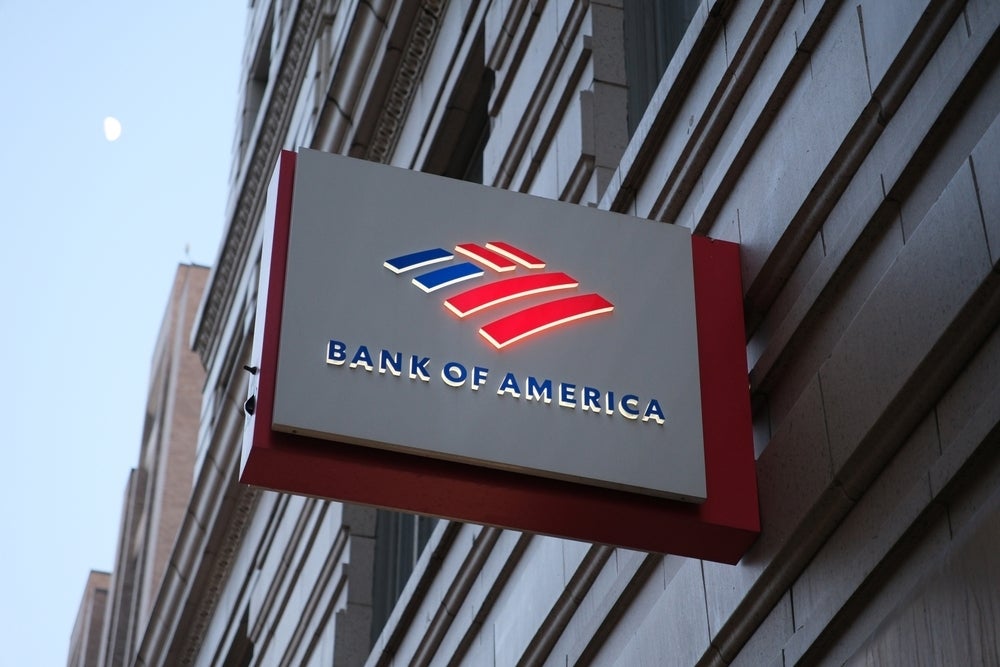28-Year-Old With $80K Sitting in Her Checking Account Asks ‘Is This Actually That Bad?’ Admitting She’s Confused Why People Call It A ‘Waste’
Most people dream of building a six-figure nest egg, but what happens when you’ve saved aggressively, invested well, and still feel like you might be doing something wrong?
That was the question one 28-year-old woman brought to the Financial Planning subreddit, where commenters united to tell her exactly why so much cash in checking might be a problem.
“I saw a post yesterday on Reddit that had people shocked at the idea of someone keeping $50,000+ in their checking account,” she wrote. “Is this actually that bad? I’m rethinking my whole financial situation.”
Don’t Miss:
Her numbers are impressive for her age: $80,000 in checking, $28,000 in a CD, $5,000 in a high-yield savings account, and $107,000 invested through Fidelity, with both her 401(k) and Roth IRA fully maxed out. She has zero debt. Yet despite the solid portfolio, she confessed, “I’m not sure what else I could possibly do — I feel like I’m not fully understanding how money goes to ‘waste’ sitting in a checking account.”
Users quickly pointed out the obvious: checking accounts rarely earn meaningful interest. One person explained, “Generally, checking accounts don’t pay much in interest. Moving the bulk of that money to your HYSA means you will earn more interest.” Another added, “Money goes to ‘waste’ in a checking account because it does not earn you any interest or at best earn a tiny amount. As an example, a HYSA right now earns around 4% in interest. So your $80,000 could be earning you about $3,200 per year but instead it is not earning you anything.”
Trending: An EA Co-Founder Shapes This VC Backed Marketplace—Now You Can Invest in Gaming’s Next Big Platform
The original poster admitted she hadn’t thought it through. “Ugh, I don’t know why I didn’t think of this earlier 🙁 thanks for the insight this is helpful. Going to move most of it into HYSA.”
Commenters offered general rules of thumb. One suggested keeping only a month’s worth of expenses in checking, setting aside three to six months in a HYSA or cash management account, and funneling the rest toward retirement or brokerage accounts. Another said, “Honestly, having that much in checking isn’t dangerous, it’s just not making you money. Your setup looks solid overall. Maybe split some of that $80k into a HYSA or short term investments to get a little growth while still having cash ready.” Others recommended putting more toward a brokerage account and focusing on growth.
The numbers back up the advice. This month, leading high-yield savings accounts are paying between 4.35% and 4.50% APY, while the national average checking account rate sits closer to 0.07%. On $80,000, that difference means earning as much as $3,600 a year in interest versus almost nothing. Some banks offer high-yield checking, but those accounts often come with balance caps or strict activity requirements that make them less practical than a straightforward HYSA.
See Also: Backed by $300M+ in Assets and Microsoft’s Climate Fund, Farmland LP Opens Vital Farmland III to Accredited Investors
Even though her portfolio shows she’s ahead of the game at 28 — no debt, maxed retirement accounts, and a solid base of investments — the discussion highlighted how easy it is to leave money on the table.
The lesson stretches beyond one Reddit post. Whether you’re just starting out or decades into your career, it’s worth asking if your cash is working for you. A financial advisor can help strike the right balance between keeping enough liquid for bills and emergencies and putting the rest to work in places where it can grow.
Read Next: $100k+ in investable assets? Match with a fiduciary advisor for free to learn how you can maximize your retirement and save on taxes – no cost, no obligation.
Image: Shutterstock


